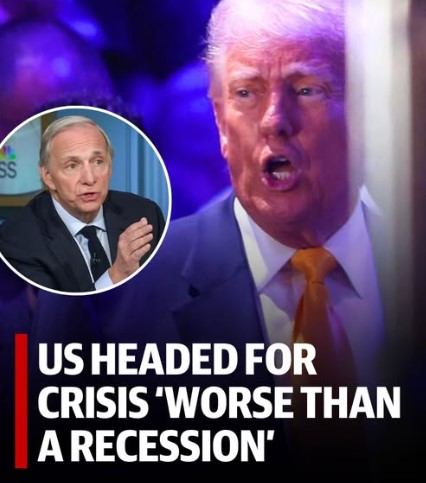The United States may be approaching an economic storm that could surpass the scope and severity of a typical recession, according to growing concern among economists and financial analysts. While recessions are cyclical and often followed by recovery, a convergence of structural, fiscal, and geopolitical challenges suggests the nation may be veering toward a prolonged crisis with broader consequences.
More Than a Slowdown
Unlike a standard economic downturn marked by a temporary dip in GDP and employment, experts suggest that the next phase could involve deeper systemic weaknesses. Persistent inflation, surging public debt, geopolitical instability, and weakening trust in financial institutions all point to vulnerabilities that are harder to reverse.
Dr. Evelyn Mora, a senior economist at the American Policy Institute, states:
“This is not a typical recessionary cycle. We’re dealing with the long-term consequences of structural imbalances in our labor market, fiscal irresponsibility, and a rapidly shifting global power landscape. Recovery, in this case, may not follow the usual trajectory.”
The Warning Signs
Key indicators already show signs of strain:
Stagnant Wages vs. Rising Costs: Despite recent job growth numbers, real wages have not kept up with inflation, leaving many Americans with less purchasing power.
Corporate and Government Debt: U.S. national debt now exceeds $34 trillion, while corporate borrowing has also reached historic highs.
Housing and Credit Markets: Mortgage rates remain elevated, freezing out first-time buyers and slowing housing market activity. Delinquencies in personal loans and credit cards are also climbing.
Global De-dollarization: Countries including China, Russia, and several Gulf states are exploring alternatives to the U.S. dollar in trade and reserves, threatening the dollar’s global dominance.
A Crisis of Confidence
Economists emphasize that financial downturns are not solely driven by numbers—they are often fueled by perception. Diminishing confidence in institutions, from central banks to government leadership, could further accelerate economic decline.
“A recession can be weathered with good policy. But a crisis of trust—where people stop believing in the currency, the market, or the system itself—is far more dangerous,” said analyst Tom Bellamy from the Center for Financial Resilience.
What’s Next?
There is no consensus on how or when such a crisis could peak, but many agree that without proactive reforms—particularly in fiscal discipline, housing affordability, and infrastructure investment—the U.S

